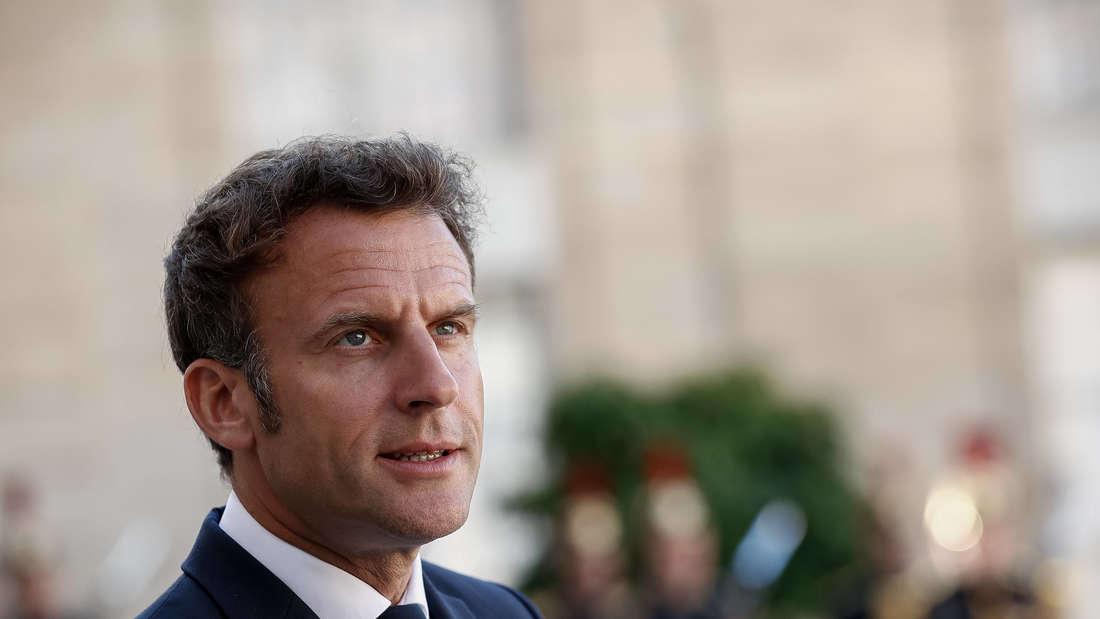The Impact of Macron’s Leadership on France and Europe

Introduction
Emmanuel Macron, the President of France since 2017, has been a controversial figure with significant influence over European and global politics. His policies on economic reform, environmental issues, and EU relations have shaped not only France’s future but also the broader dynamics within the European Union. Understanding Macron’s approach and its repercussions is vital in assessing the current state of France and its role on the global stage.
Macron’s Economic Reforms
One of Macron’s key focuses has been on economic reform aimed at revitalising the French economy. His administration has implemented measures such as tax cuts for businesses, labour law reforms to encourage job creation, and significant investments in green technologies. These reforms, while praised by some for aiming to boost growth and reduce unemployment, have faced criticism for potentially increasing inequality and diminishing worker rights.
Foreign Policy and EU Relations
Macron’s foreign policy has also garnered attention, particularly his efforts to strengthen the European Union and advocate for a more integrated Europe. He has been a proponent of initiatives such as the European Green Deal and has called for greater EU strategic autonomy in defence and technology. His recent proposal for a ‘European Political Community’ aims to unite EU member states and non-EU countries in discussions on common challenges. Critics, however, question whether these ambitions can be realised in a politically fragmented EU.
Environmental Initiatives
Macron has positioned himself as a leading figure in global environmental discourse, advocating for urgent action against climate change. He gained international recognition for hosting the 2015 Paris Agreement, and since then, has pushed for ambitious climate policies within France. The introduction of a ban on domestic flights for short distances and encouraging biodiversity is part of his 2023 Climate Action Plan, aiming to achieve carbon neutrality by 2050. However, public reactions to these environmental initiatives have been mixed, balancing economic growth concerns with ecological urgency.
Conclusion
As France prepares for the upcoming presidential elections in 2027, Macron’s legacy will significantly impact the political landscape. His reforms have sparked both support and resistance, creating a complex societal dynamic. The success of his policies, particularly in the areas of economic reform and environmental sustainability, will remain a focal point for public discourse and the future direction of France. Observing Macron’s leadership provides crucial insights into the challenges and opportunities that lie ahead for not only France but for the European Union as a whole.
